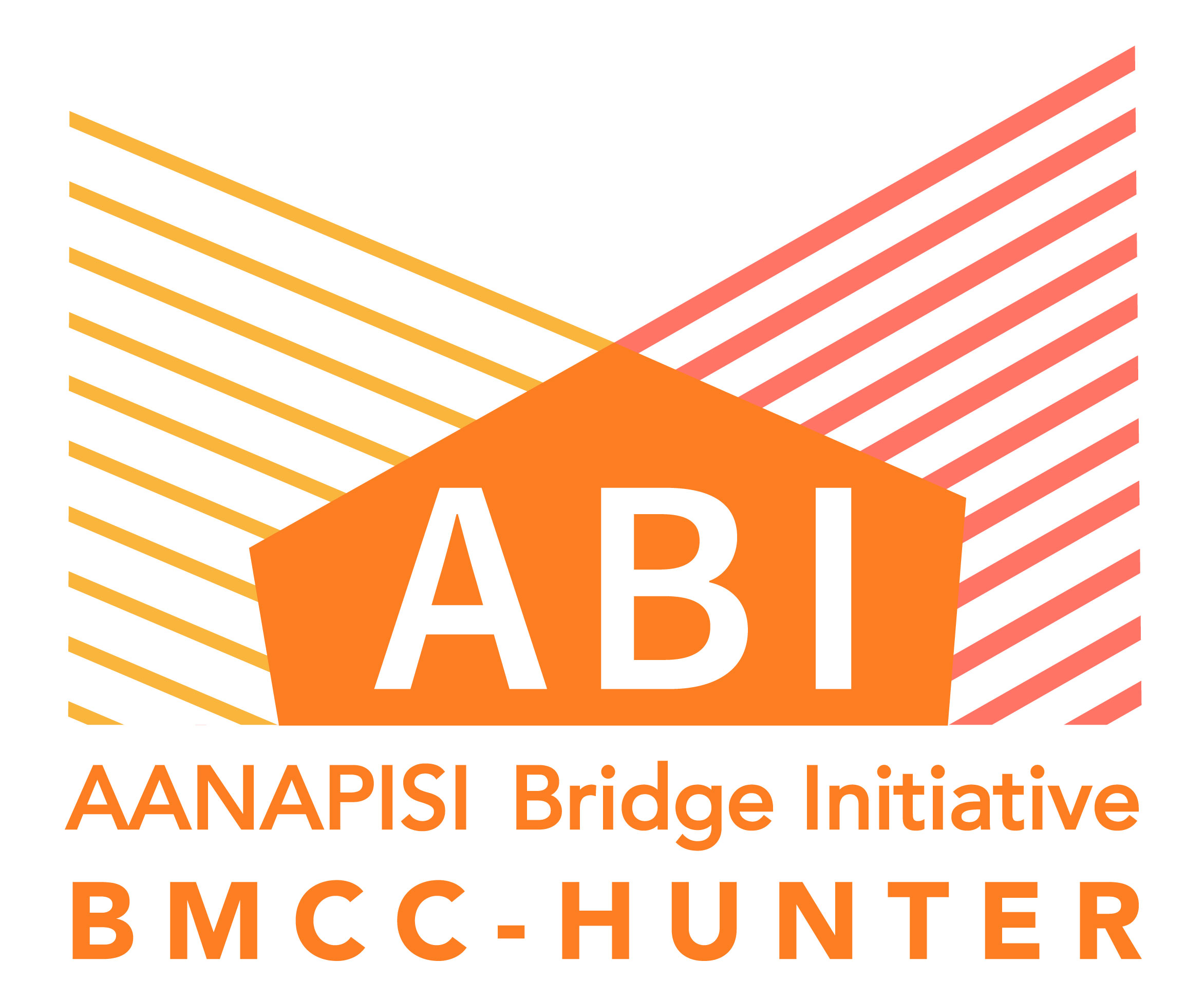Class information
LIBR 100 – Information Research
25 students
I teach a one-credit freshman-level course, LIBR 100, that covers basic research skills and information literacy. In the course students consider various kinds of information-seeking strategies in both academic and non-academic contexts. In 2020 my co-instructor, Sarah Ward, and I created a completely asynchronous version of the course, which we continue to teach in that modality. Sarah participated in an earlier iteration of the AANAPISI Bridge Initiative Faculty Seminar, and wrote a blog post about using Padlet in our course for reflection questions.
Project overview
My project is an addition to an existing lesson in the course, in which we invite students to think about authority and expertise in various contexts, working from a concept in library science that “authority is constructed and contextual.” The lesson includes a discussion of authority and expertise in different contexts, with the objective to think critically about how we value information based on the source of the information and our particular information need.
I added a discussion activity, using Padlet, where I ask students to write a post on one of the two following prompts:
Why did you select this project? How does it relate to identity and purpose?
When teaching research at the college level we focus on academic sources of information, but in our LIBR 100 course we want students to consider other contexts, too. Some students will continue on in the academic world after college, and others will not, but they will always need to look up information and think critically about how information is created and valued. These new discussion questions prompt students to apply concepts from our course as they reflect on their own experiences and/or communities.
What advice do you have for other faculty who would like to implement a similar project?
This lesson was just assigned in our course today, but I’m already seeing some thoughtful reflections from students. My co-instructor and I have found that adding brief, but thoughtful, reflection questions like this each week has been a great way to engage students in our asynchronous course.



